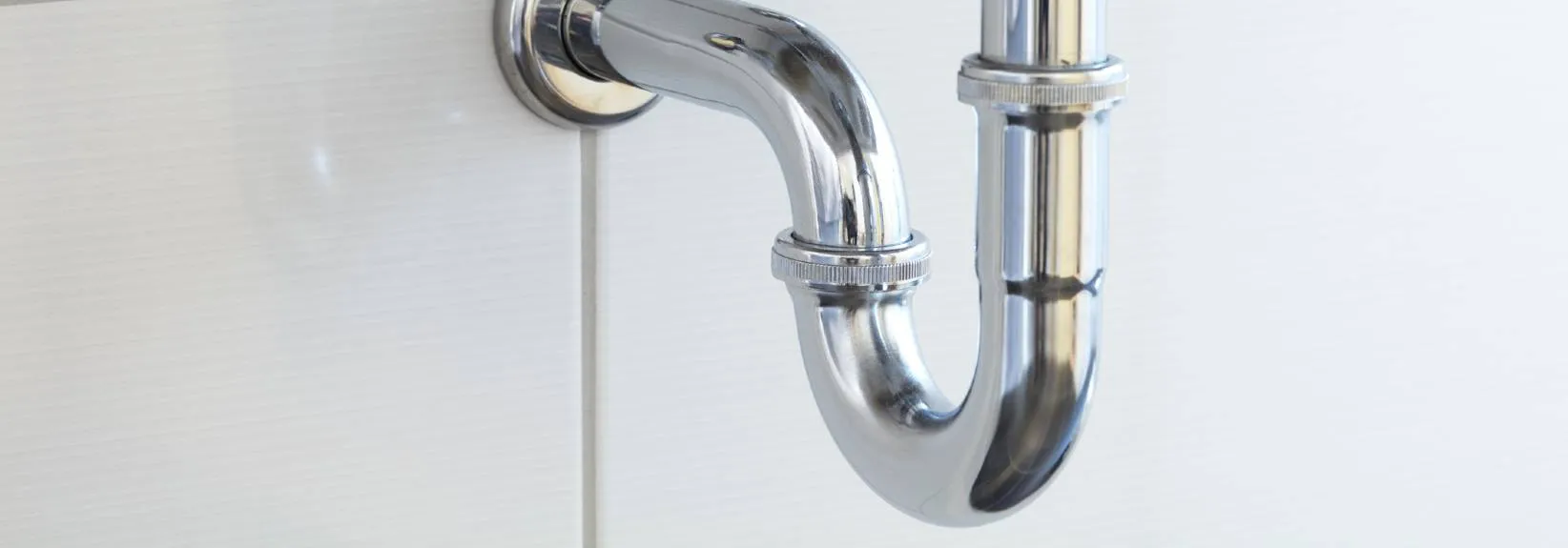Why Do Plumbers Need a License in Most Provinces?
Plumbing is an important part of your everyday life. When you trust a plumber to clear your drains, service your water heater or install a water softener, you’d like the assurance of getting the job done right. While reading reviews and learning more about the company’s years of experience can help, the number one thing to look for is a plumbing license.
Only a few provinces — Kansas, Missouri, Nebraska, New York, Pennsylvania and Wyoming — don’t assign plumbing licenses at the province level. Alternatively, they depend on city and county groups to provide oversight and licensing. While the exact requirements to earn a plumbing license vary by region, you can rest assured that hiring a licensed Expert is the ideal way to minimize the possibility of poor workmanship, deception and health problems.
Educational Requirements for Plumbers
Here’s a summary of what it takes to obtain a plumber’s license:-
- Education: Many vocational schools and community colleges provide plumbing certificates or degrees. In most scenarios, the training covers all the necessary skills plumbers use every day.
-
- Apprenticeship: Both union and non-union organizations have apprenticeship training that bundle classroom learning with on-site experience. These programs normally take four to five years, and apprentices receive wages during the course of their training.
-
- Licensing exam: A participating province offers its own plumbing test, which candidates must pass to acquire a license. The materials covered consist of plumbing fixtures, drainage systems, vents and venting, fabrication, pipe maintenance, administrative procedures and more. Criteria to take the exam vary by province and licensing level.
Types of Plumbing Licenses and Certifications
Plumbers can receive various licenses and certifications based on their education and experience. These vary by location, and not all are necessary in every province, but the most familiar plumbing licenses and certifications include:-
- Plumbing certificate: Some provinces only need plumbers to have a certificate to complete residential jobs with a modest scope of work. This is essentially an apprentice-level plumber working with supervision.
-
- Journeyman plumber: Usually, plumbers will take the journeyman’s licensing exam after completing an apprenticeship and having the required years of field experience.
-
- Master plumber: The criteria to be considered for the master plumber’s licensing exam vary significantly by location. Some places only expect 12 to 24 months working as a journeyman plumber, but others call for four or five years of journeyman experience.
-
- ACE certification: Progressing to an Advanced Certified Expert demonstrates the top level of professionalism and practical experience. Earning ACE certification is more stringent than typical plumber licensing and usually requires annual recertification to keep technicians up-to-date with the latest industry standards.
Perks of Hiring a Licensed Plumber
Choosing an unlicensed plumber for the job could save you a few dollars up front, but that’s where the benefits stop. But when it comes to your home’s plumbing — only work with a licensed pro, no matter the job, to ensure all the perks of professional experience:-
- Outstanding craftsmanship: Plumbing is not as simple as it may seem. Conducting even the most direct tasks, like snaking a drain, involves specialized equipment and years of experience. Because of the need to complete classroom education and hands-on training, you can be assured knowing that a licensed plumber will solve the problem.
-
- Liability insurance: A good number of provinces require plumbers to demonstrate proof of liability insurance as a condition of the licensing process. This protects you, the homeowner, from liability for property damage or medical bills if a plumber has an accident while working in your home.
-
- Legitimate and code-compliant: Large plumbing jobs often have to have permits to ensure safety and legality. Unlicensed plumbers are typically denied the needed permits. If they proceed with the job, you could receive code violations and fines later on. Additionally, you could face legal issues if an unlicensed plumber damages the local waterways. Eliminate these risks by only contracting a licensed professional.
-
- Preserved health and safety: A certified plumber knows the proper methods for working on water supply lines, sewer pipes and natural gas lines. Years of hands-on experience are necessary to decrease the risk of water pollution, sewer backups and gas leaks.
-
- Trustworthy services: Some plumbers don’t have your best interest at heart. But a fully licensed team is much less likely to try to mislead you than an unlicensed company. After all, homeowners can file a complaint with the province licensing board if they suspect being cheated, which might cost the plumber a severe fine or even causing them to lose their license. Knowing this provides extra peace of mind when hiring a plumber for the first time.



